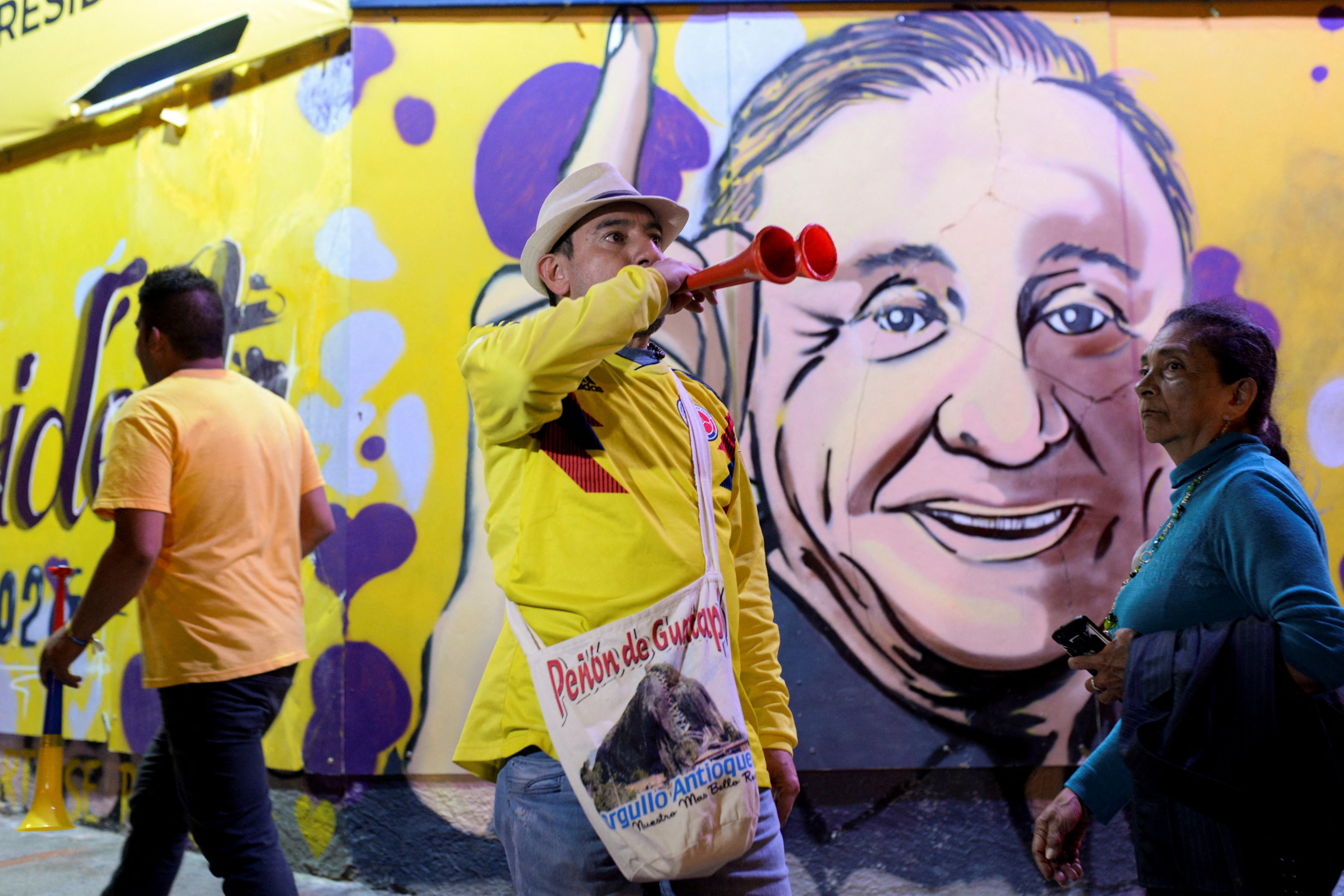What We’re Watching: Colombia’s “anti” runoff, Pacific meh on China, Sudan ends emergency
It’s anti vs. anti in Colombia presidential runoff
Colombians wanted change? Well, now they’ll have no choice! In the first round of the country’s presidential election on Sunday, the top two finishers were leftist opposition leader Gustavo Petro (40%) and Rodolfo Hernández (28%), an independent populist tycoon who surged late in the campaign with an anti-corruption message. The two will head to a runoff on June 19. Both promise a radical reorientation of the Andean country at a time of high inequality, rising violence, and simmering social tensions. For Petro, the answer lies in super-taxing the rich, massively expanding the social safety net, and decarbonizing the economy. Hernández, meanwhile, wants to slash taxes, shrink the state bureaucracy, and even legalize cocaine. We’ll have more to say ahead of the runoff, but for now: has the election of any other major economy in recent memory featured a presidential runoff between TWO stridently anti-establishment figures like this?
We don't need you, Pacific countries tell China
In a stunning rebuke, eight Pacific countries spoiled China's big (virtual) summit for the region by turning down — for now — a wide-ranging partnership proposal with Beijing that Western powers view as a Trojan horse. "The Pacific needs genuine partners, not superpowers that are super-focused on power," Fiji's PM Frank Bainimarama tweeted Monday after meeting Chinese Foreign Minister Wang Yi. Yi has been on a whirlwind tour of the region to rally support for Xi Jinping’s vision for the region. But his trip started on the wrong foot when Fiji signed up Friday for the US-led Indo-Pacific Economic Framework, Washington's latest answer to China’s Belt and Road Initiative. The double snub was welcomed by Australia, who's the most worried about Beijing gaining influence in the neighborhood. Still, China has already scored an important goal by signing a controversial security deal with the Solomon Islands — and is negotiating a similar agreement with Kiribati. Wang tried to allay fears, urging Pacific island countries to not be "too anxious" to pass on Beijing’s offer. So we expect the geopolitical point-scoring between China and the West to continue.
Sudan lifts post-coup state of emergency
Finally, some good news from Sudan. Hours after lifting a seven-month state of emergency (in place since the October 2021 coup) on Sunday, authorities began releasing some jailed protesters. For months, the country has been rocked by massive street protests that have killed almost 100 people — many of them shot by security forces — as the calls to scrap the decree had reached a fever pitch. Army chief Abdel Fattah al-Burhan says that ending the emergency will create good vibes for a "fruitful and meaningful dialogue that achieves stability during the transitional period," which means he’s ready to talk to the civilian wing of the cabinet. Why the change of heart? Simply put, money. Sudan needs to return to civilian rule in order to get Western aid and debt relief to help its economy, which has gone from bad to worse with the generals in charge and is now on the brink of collapse. But don't get too excited: al-Burhan now must convince the same civilian leaders his soldiers removed in the coup that he’s now serious about handing over power.This comes to you from the Signal newsletter team of GZERO Media. Subscribe for your free daily Signal today.
